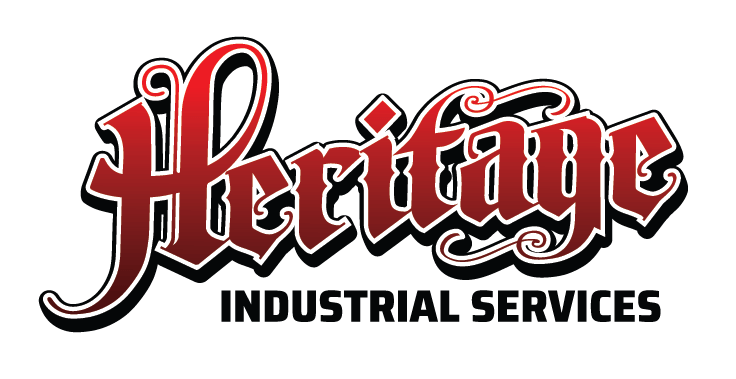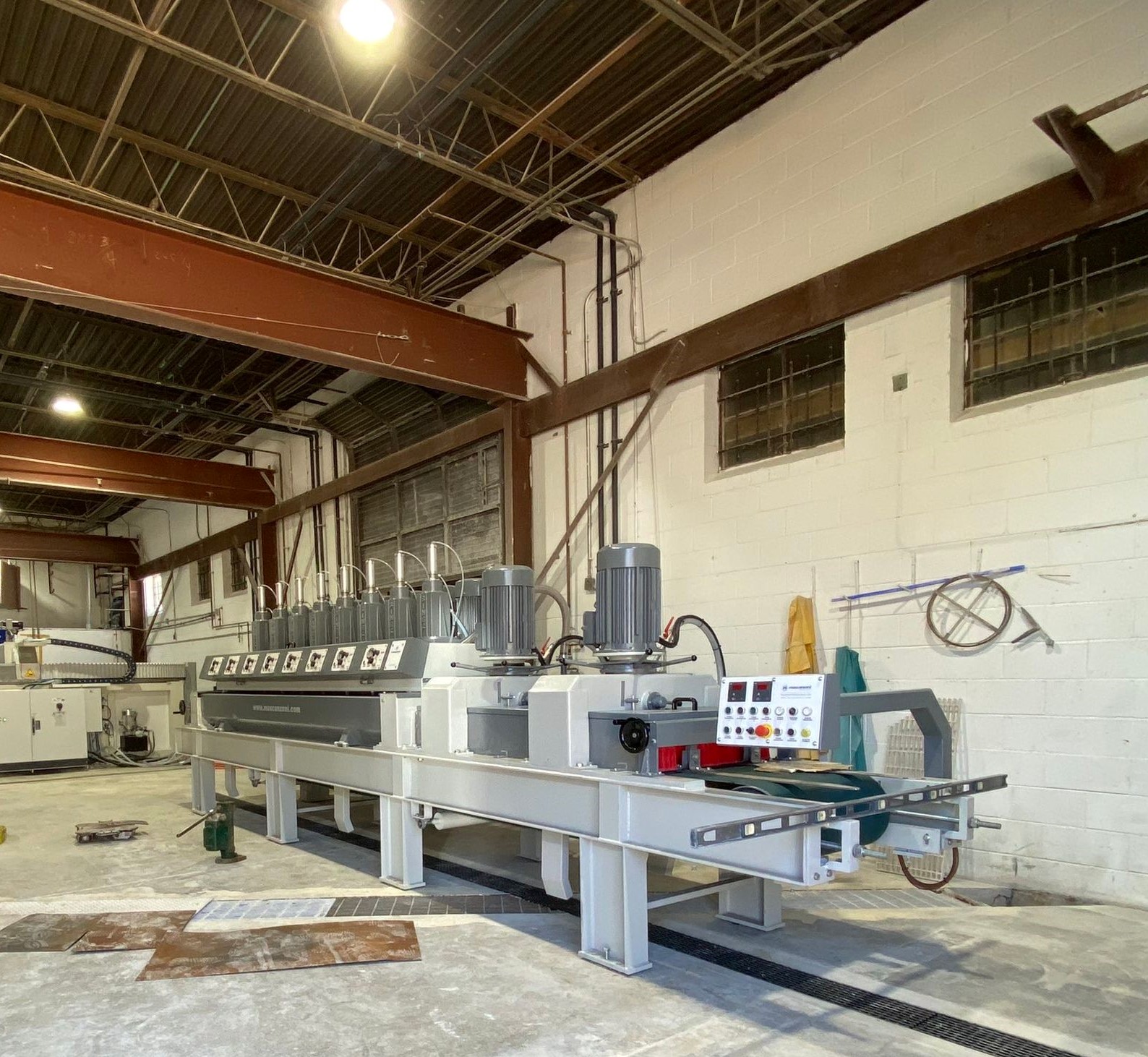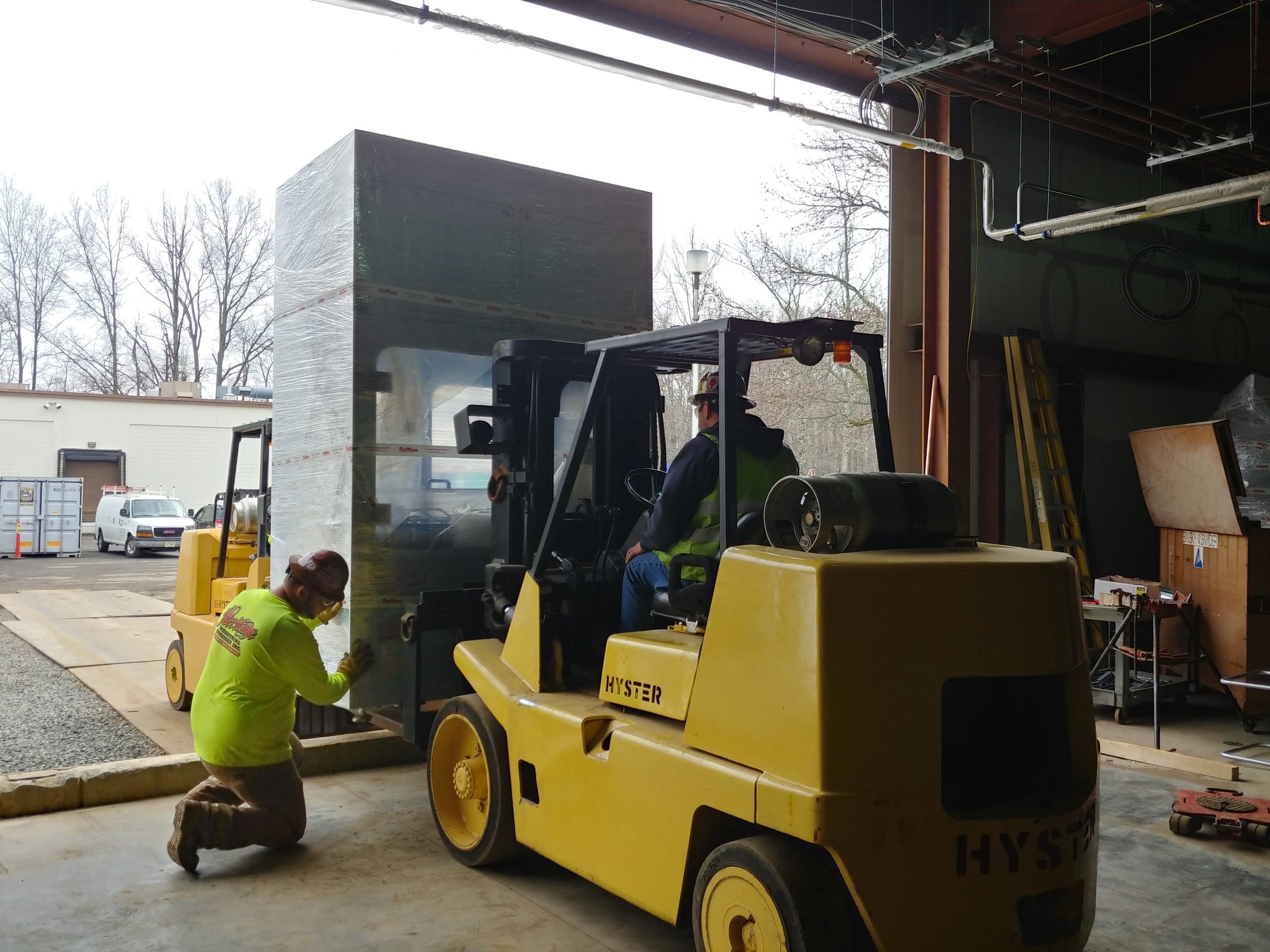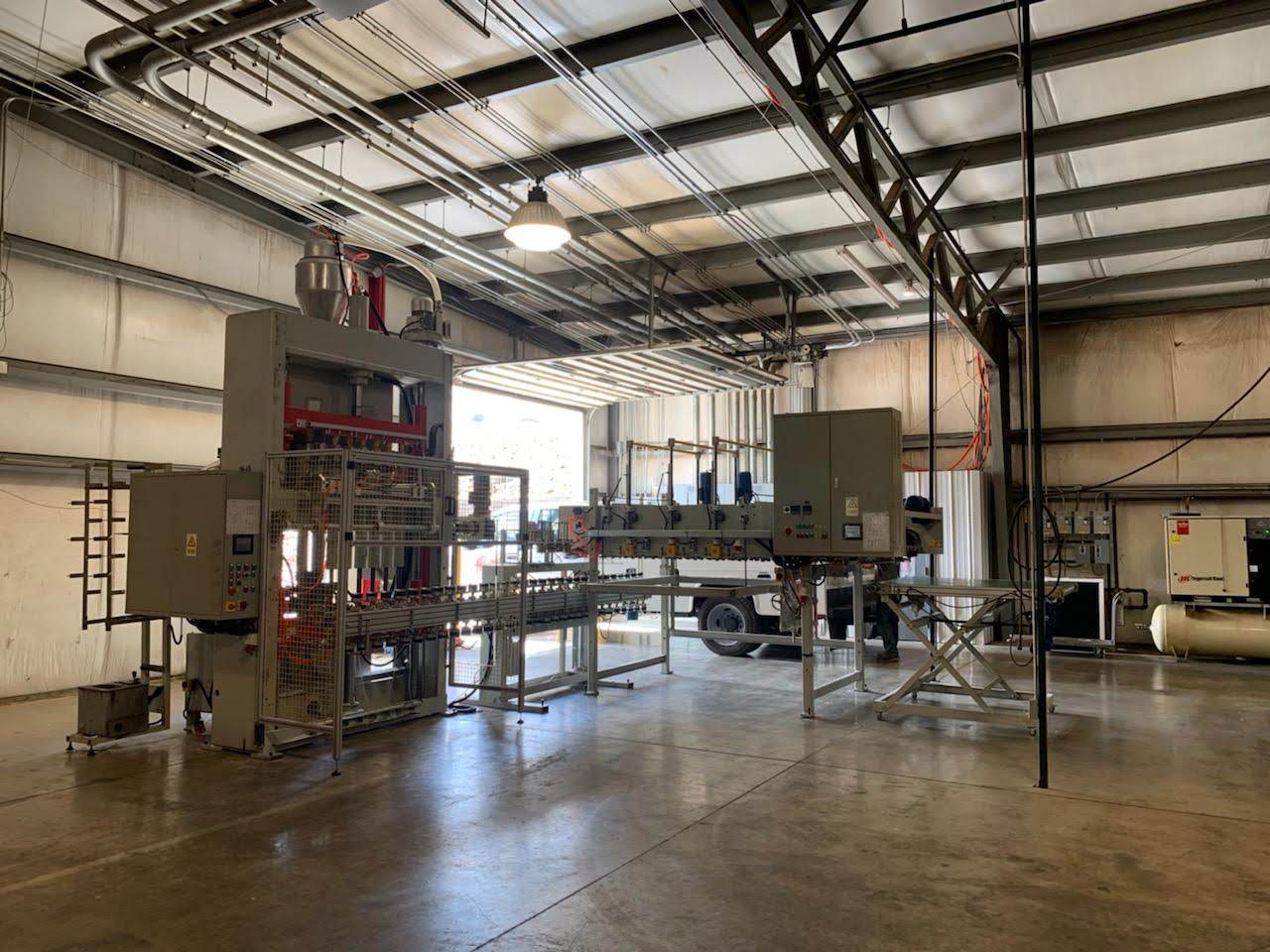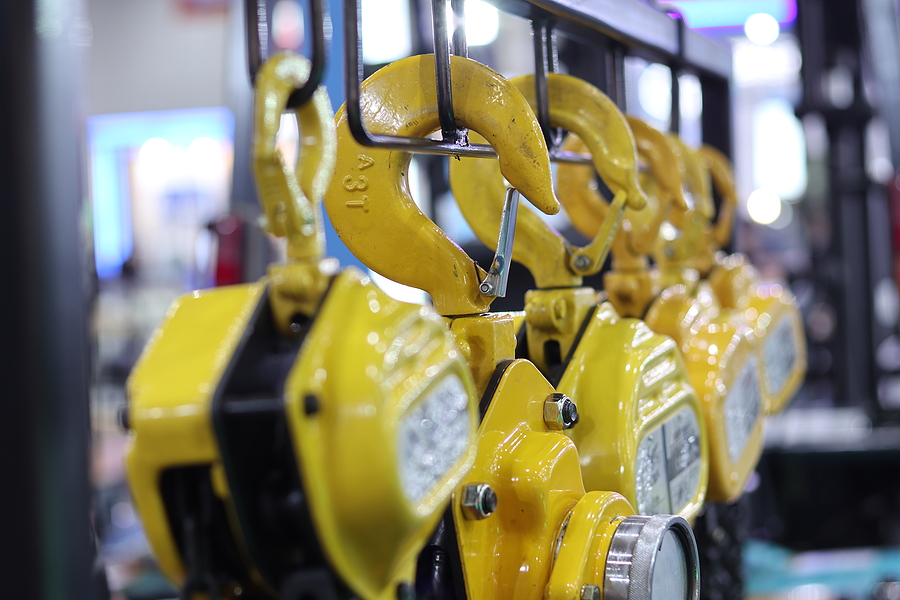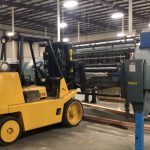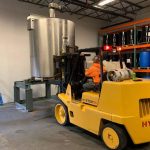Millwright Industrial Services – Expert Skills and Responsibilities
The original millwrights were the skilled workers that designed, constructed and maintained the early flour, paper and saw mills Those were made mostly of wood with only a small number of metal parts and powered by either water or wind. It was a big job that required a variety of expert-level skills. While similar to those of the past, today’s millwright industrial services have evolved and require an even more varied and higher-level set of skills and responsibilities.
Millwrights are required in many different industries. However, millwright industrial services are often used in setting up, operating, relocating and decommissioning large industrial manufacturing plants and machinery. Many consider a millwright to be a jack of all trades but, unlike the old saying, they are the master of many. They are often referred to as industrial mechanics and are able to construct, install, assemble and maintain everything from large pieces of equipment to entire industrial facilities. Millwrights possess skills comparable to electricians, carpenters, steel fabricators and more.
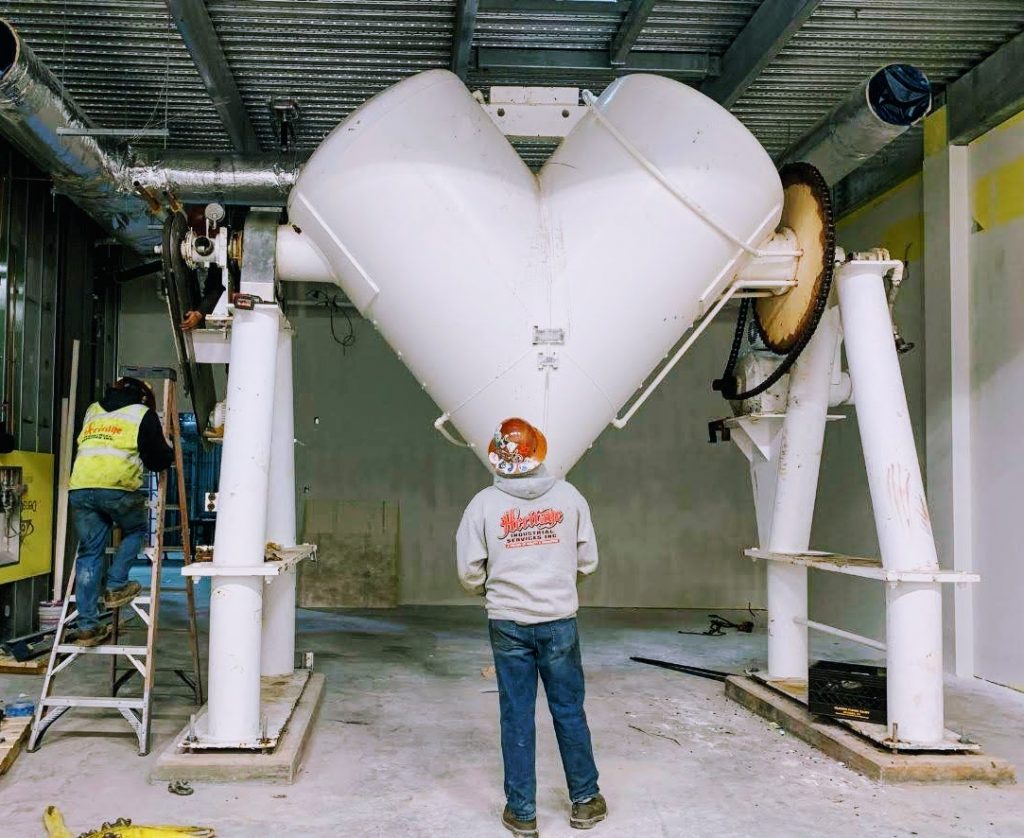
In order to keep a project or facility running smoothly, millwrights often move, install or disassemble large equipment, create intricate schematics or fabricate custom components. They often work on various pieces of large industrial machinery such as pumps, turbines, compressors and are adept at reading blueprints, calculating precise measurements and complying with all safety standards.
Skills and Responsibilities
Millwright industrial services are utilized in numerous industrial projects and facilities, each requiring its own unique skills and responsibilities. A millwright must possess multiple areas of expertise and be able to think outside of the box to develop and implement problem-solving measures in a timely manner.
Installation and Maintenance
These tasks play a major role in millwright industrial services. Millwrights are often in charge of installing and maintaining large industrial machinery. Industrial hoisting equipment, pulleys, and forklifts are typically required. Millwrights must know how to safely operate all of these. The assembly of large scale industrial machinery can involve multiple skill sets including electrical, mechanical and carpentry to name a few. Millwrights may also be responsible for the continued maintenance of the machinery they assemble and install. This involves a thorough understanding of the components required for proper maintenance, including replacement parts, machine lubrication, filters, and fluids.
Precision
Although much of the machinery industrial millwrights work on is large, precision is a vital part of their skillset. When assembling machinery or calculating measurements for a project, an error of the smallest fraction of an inch can result in damage to the machinery. In addition to being able to understand the measurements of the blueprints and schematics, millwrights use instruments that are extremely precise such as micrometers and laser-guided alignment tools. These tools combined with their skill allows a millwright to figure out the exact calculations to complete their task successfully.
Design and Fabrication
Design is another important skill in a millwright’s arsenal. Many are trained in drafting, mechanical design and computer-aided design (CAD). Millwright industrial services can include designing the set up for multiple pieces of machinery in a facility. Such designs must be functional, efficient and safe. Because most industrial machinery and facilities are unique, the need for custom fabrication of fixtures and parts may become necessary. Millwrights must have extensive knowledge not only in designing the fabrications but they must know how to use hand and power tools, lathes, welders and more.
Safety
A millwright’s skill and experience often require them to work in potentially dangerous environments. From working at considerable heights or operating tools that reach very high temperatures to moving incredibly large and heavy loads, a millwright must comply with all OSHA Health and Safety regulations. While ensuring their own safety, a millwright is responsible to take the proper measures to ensure the safety of everyone around them.
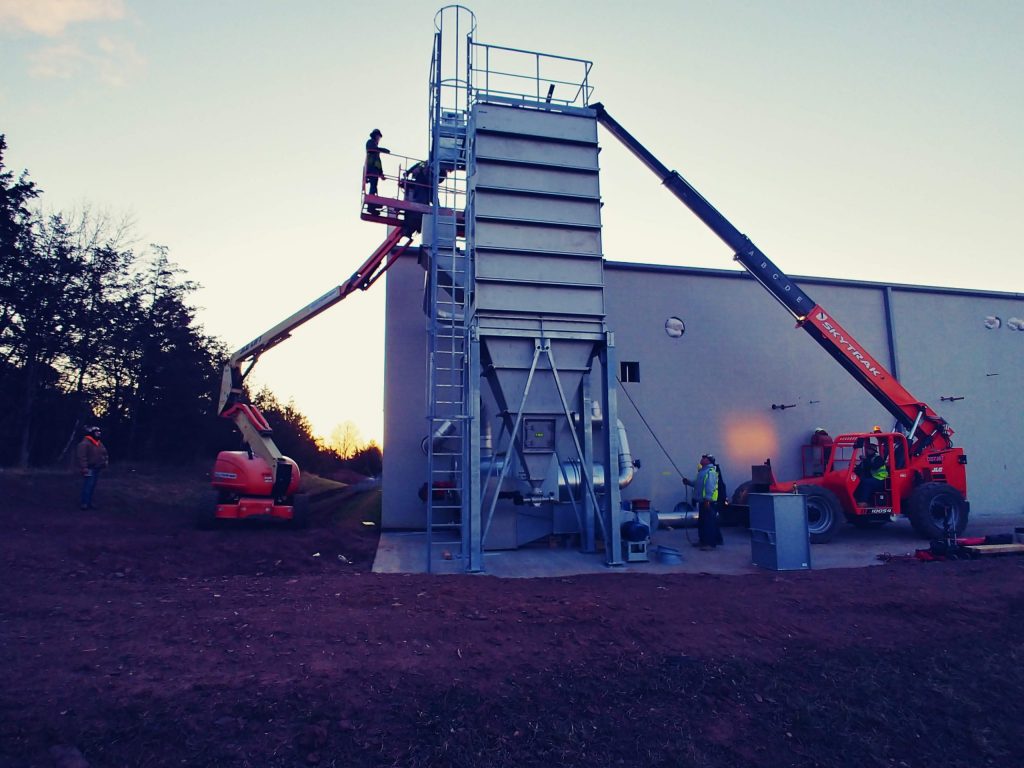
Professional Millwright Industrial Services
At Heritage Industrial Services, we provide professional millwright work for factories, manufacturing facilities, industrial facilities, warehouses, power plants, and water/wastewater facilities. Our professional millwrights are well trained to perform machine repairs, modifications, and precision alignment in order to correctly keep your facilities running as they should. We offer millwright industrial services from trained professionals so that you can trust the job is done right the first time. Our services include plant shutdowns, disassembly, reassembly, match marking, and precision leveling. Hiring a skilled and experienced millwright company is crucial to maintaining a safe and efficient modern workplace. Contact us today to discuss how industrial millwright services could benefit your business
